Tuesday, April 30, 2024
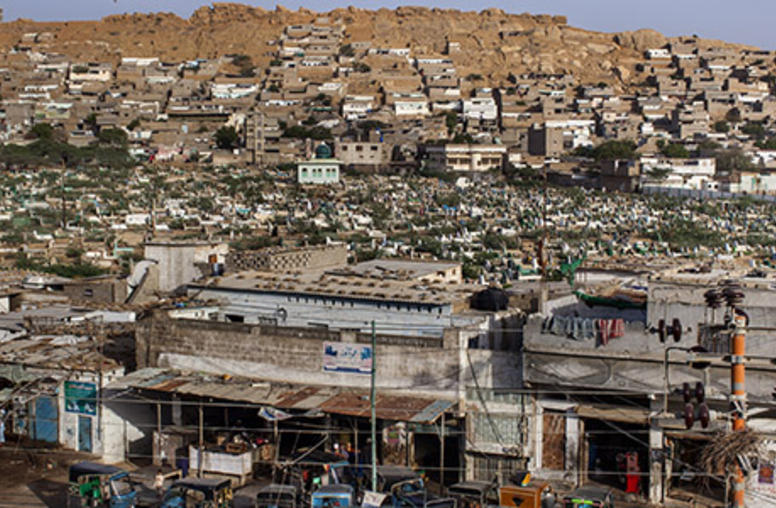
Teaching Peace in Pakistan’s Turbulent Mega-City
The subtropical seaport of Karachi is an exploding population bomb, the world’s fastest-growing mega-city. More than 1,000 migrants pile out of buses and trains each day, ratcheting up the population of 22 million. “They leave bombed-out villages in the tribal north or parched hamlets in South Punjab to come settle at the edge of sewers in unplanned slums,” seeking survival as laborers, Karachi novelist Muhammad Hanif wrote this summer.
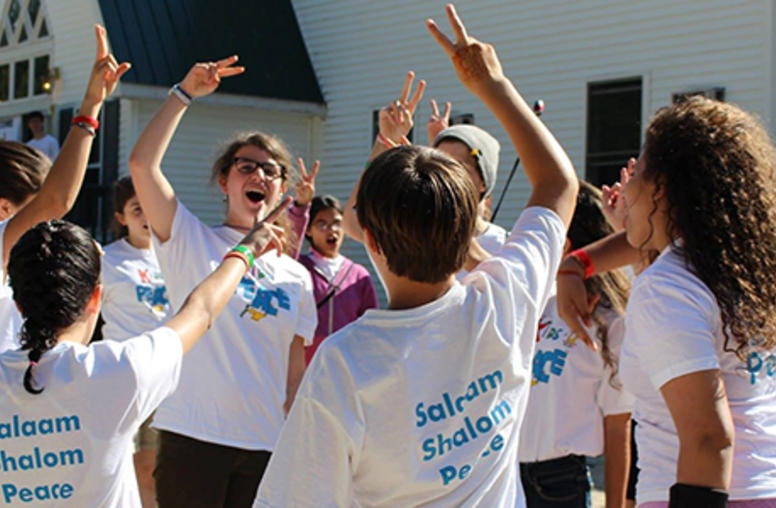
Israeli, Palestinian Kids4Peace: ‘Stubborn Optimism’ in Violent Days
To hear voices of peace challenged by a surge of violence, simply listen to a conference call held by Arab and Jewish parents in Jerusalem who are involved in the program Kids4Peace. The bonds formed over the years their children attended the group’s dialogues and camps are at once strained and sturdy, resolute and despairing and frayed by fear. For the program’s staff, one posted message reflects their defiance at this moment in the Arab-Israeli conflict: “We will not be defeated. Nothing is...
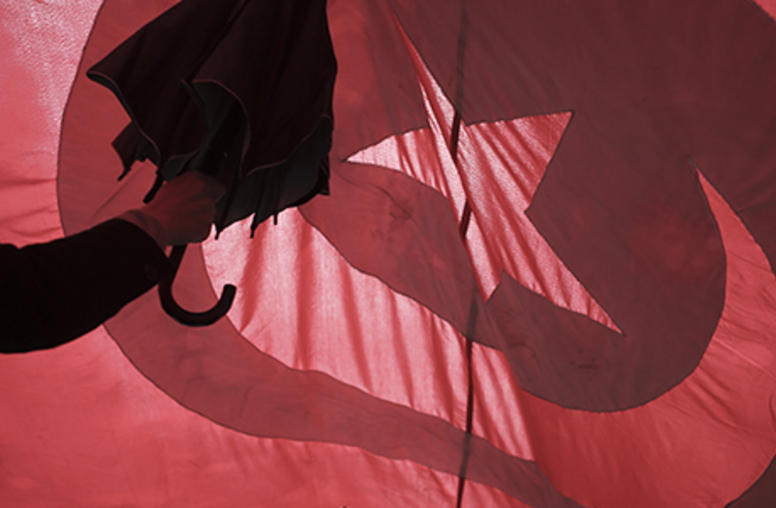
A Well-Earned Nobel Peace Prize Won’t Inoculate Tunisia From Tumult
The “Quartet” of four organizations that led Tunisia’s National Dialogue surely merit the Nobel Peace Prize bestowed last week. The recognition could help Tunisia attract more of the international support it desperately needs to shore up its still-fragile transition. By avoiding the temptations of autocracy or the disaster of civil war, Tunisia’s leaders have hewed a path that has no equal in the Maghreb. What is at stake is not merely the future of one democratic experiment. If Tunisia’s tra...
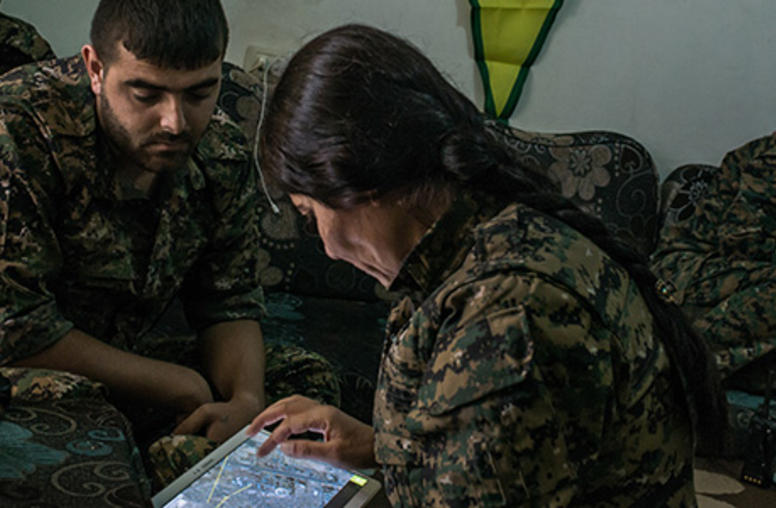
In Syrian War, Peace, Politics and Possibilities Are a Local Affair
While the mass bloodshed of Syria’s civil war so far has spared many Kurdish and Arab farming villages in Syria’s far northeast, the war has exacerbated communal tensions there. So recently, 14 religious, tribal and civic leaders from one locality traveled to neighboring Iraq for talks to ease those tensions and prevent an outbreak of violence.
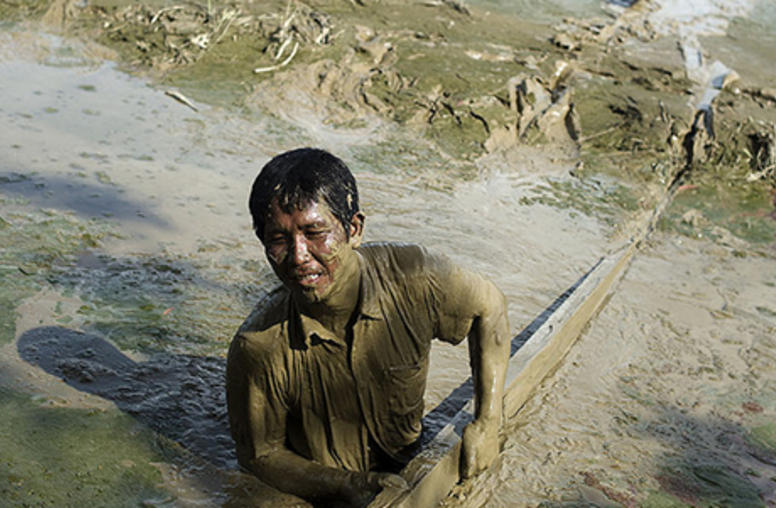
Myanmar Election Season Makes Dramatic Start
Myanmar’s 2015 election season is off to a dramatic start. Massive flooding and complaints about inaccurate voter lists have caused delays in early procedural deadlines. In a midnight raid on the headquarters of the governing Union Solidarity and Development Party (USDP) party, ministers from the president’s office, accompanied by soldiers and police, deposed the speaker of parliament, Thura U Shwe Mann, as head of the party. Meantime, when the list of candidates was released for the National...
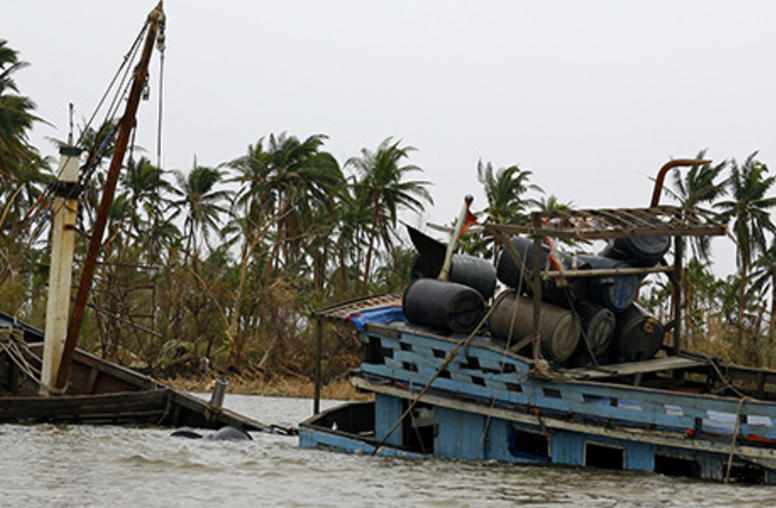
Myanmar’s Vital Election Faces Ferment and Flood
The past week’s turmoil within Myanmar’s ruling party has underscored the power of the country’s armed forces less than 12 weeks before parliamentary elections that civil society activists and others say are vital to consolidating a democracy following a half century of military rule. Security forces surrounded the headquarters of the ruling Union Solidarity and Development Party last week to enforce an order by President Thein Sein dismissing the party’s leader, Shwe Mann.
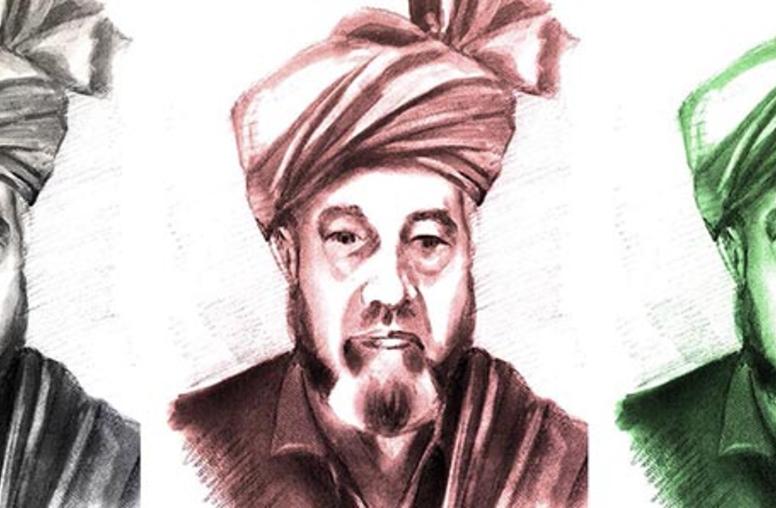
Afghanistan’s Better History, With Lessons for Today
He could be known as “the Johnny Appleseed” of Afghanistan. Dr. Abdul Wakil, an agronomist and agriculture minister, led projects in the Helmand River Valley in the 1950s and 60s. He moved Afghan farming into the 20th Century with mechanization and seed types that remain a mainstay. A new book co-authored by USIP Afghanistan Country Representative Shahmahmood Miakhel tells the story of Wakil and 26 other Afghans who worked peacefully for the country’s benefit over two centuries.
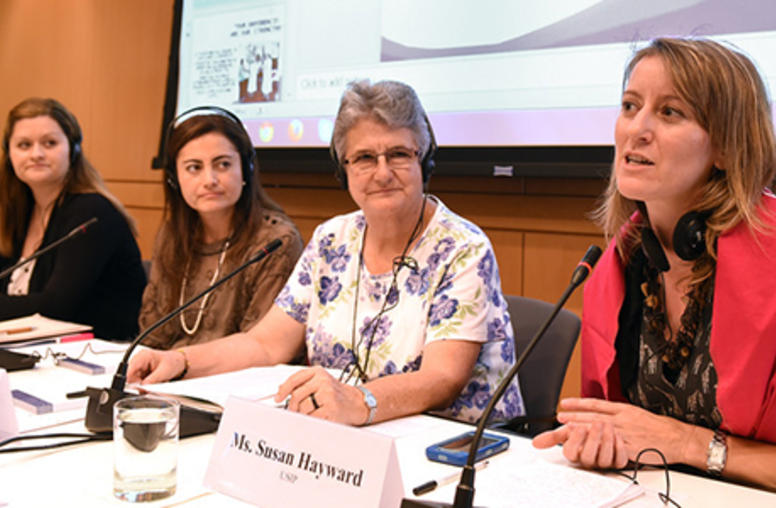
Colombia: Religious Women Prepare for Reconciliation After War
As Colombia’s rebels and the government negotiate in Havana to end 50 years of war, a group of women around the country from different religions is laying the groundwork for what they hope will come next: the reconciliation needed to forge a true, lasting peace.
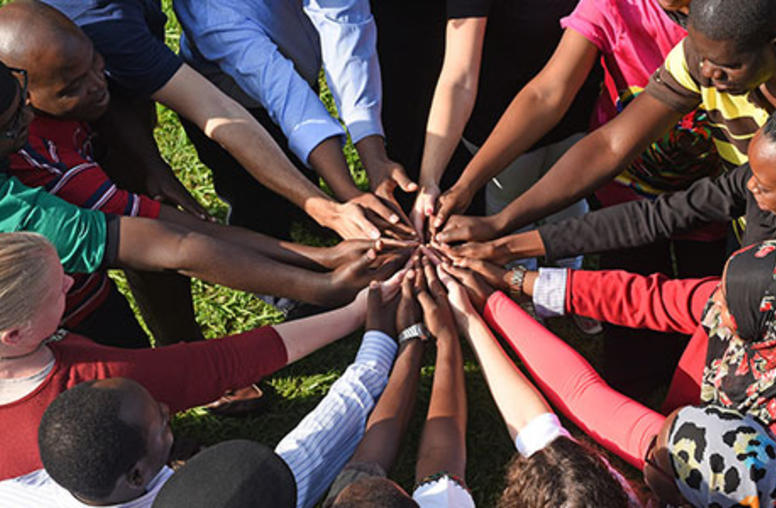
Boko Haram Drives Nigerian Activist to … Generation Change
The road to leadership for Imrana, a Nigerian activist, began on a bus in the country’s north, when Boko Haram militants came aboard and picked out passengers to haul into the bush. That was when the 23-year-old resolved he had to do something about his country’s bloodshed. Today, an organization he founded seeks to curb the violence that often surrounds Nigerian elections.
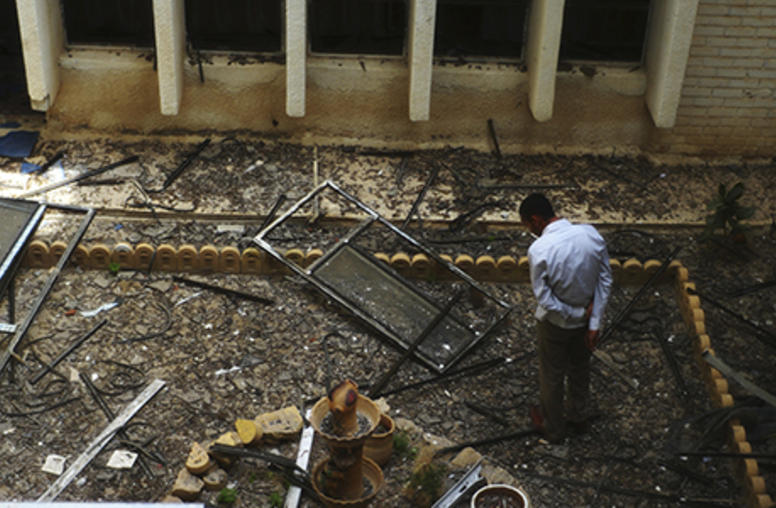
In the Shadow of a Massacre, a Peaceful Return in Iraq, Part II
(cont’d from Part I) It was December 2014. USIP and its partner organizations in Iraq had recognized a June 2014 massacre at a military base near the northern city of Tikrit as a flashpoint of tension that could accelerate into a cycle of revenge killing. Predominantly Shia tribes from Iraq’s south, where many of the victims were from, had accused Sunni tribes around the base, known as Camp Speicher, of supporting, even joining in the massacre. But careful conflict resolution might prevent a...
